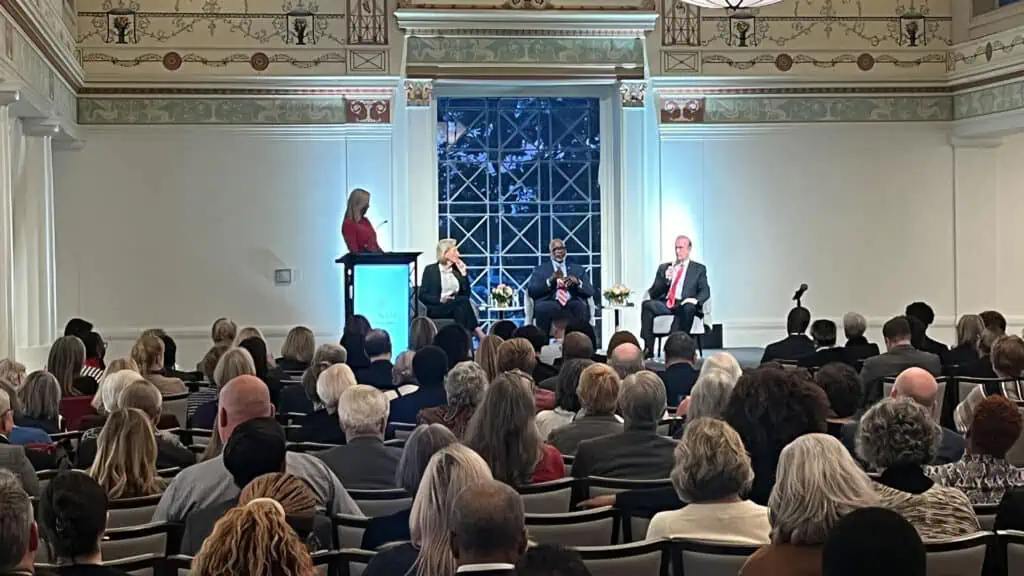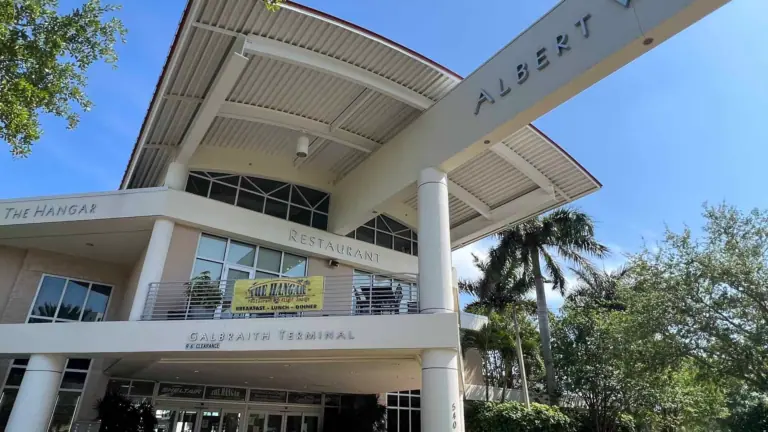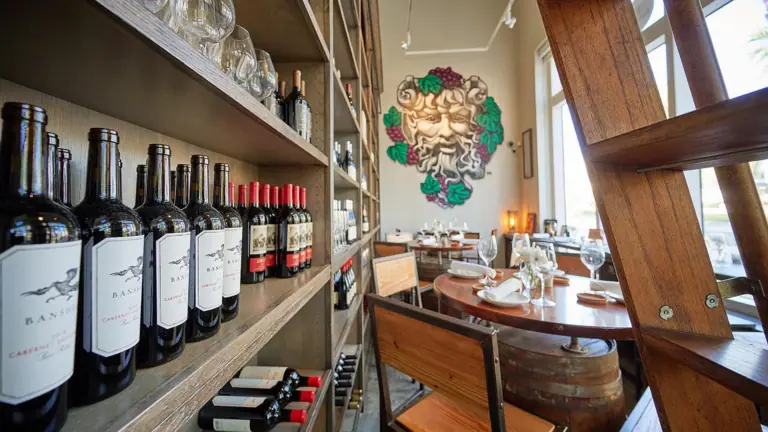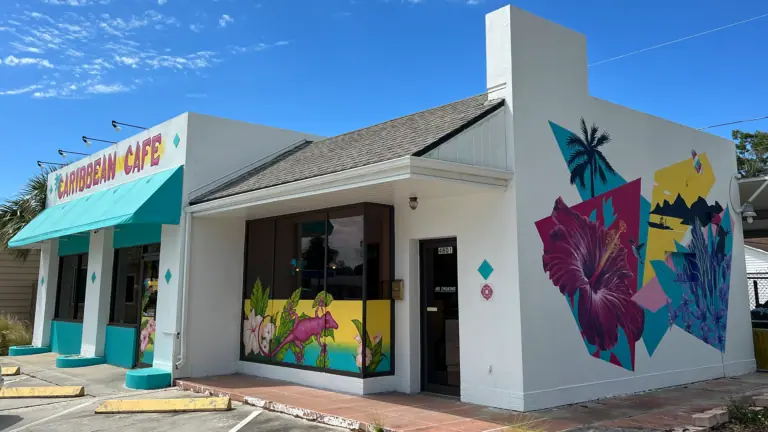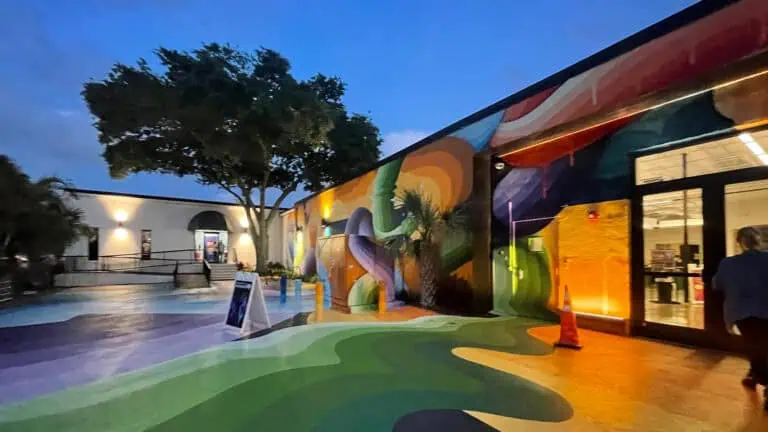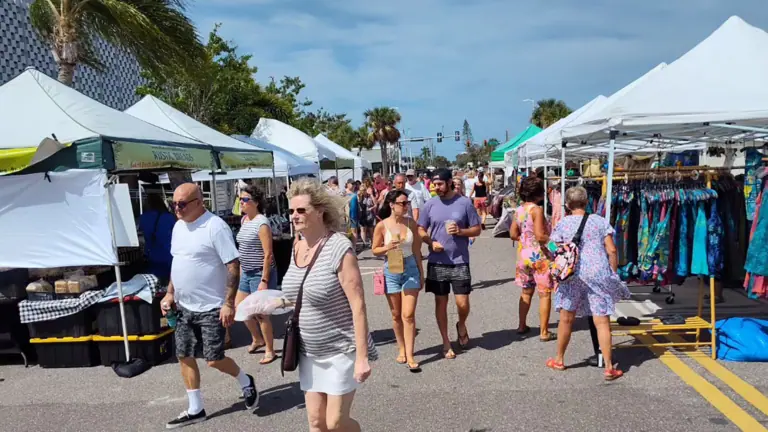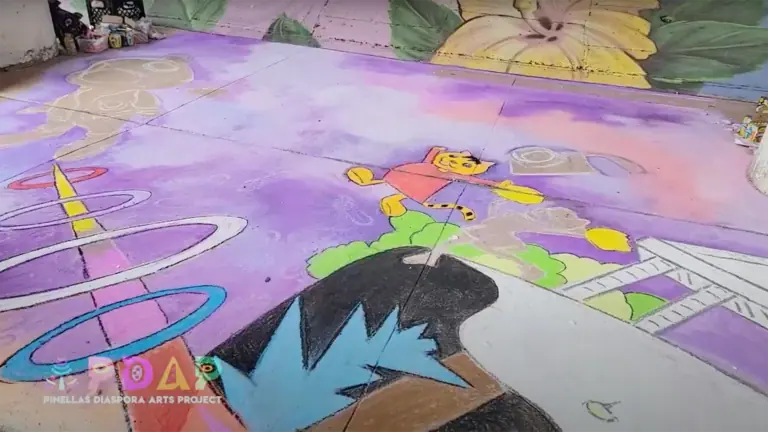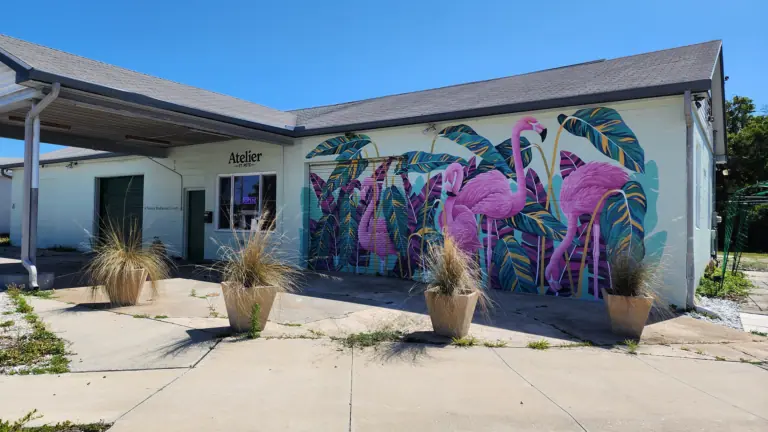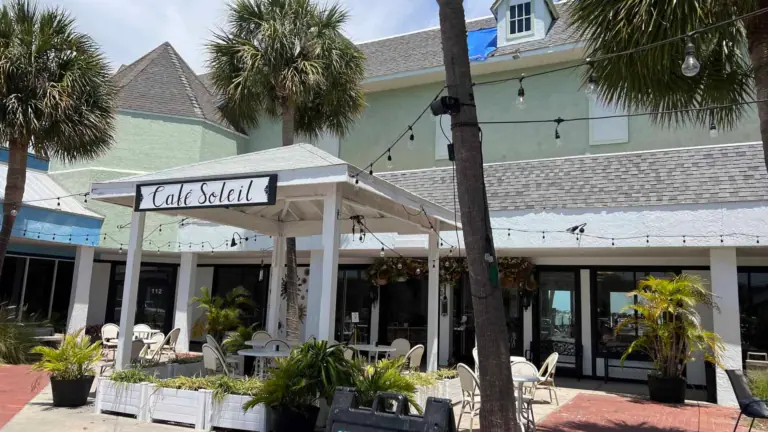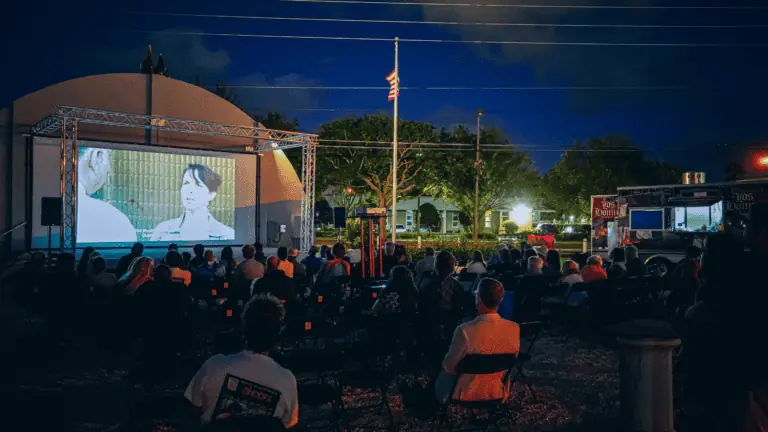At the Suncoast Tiger Bay “State of the Bay” forum, the mayors of St. Petersburg, Tampa and Clearwater discussed the hot-button issues of property development, affordable housing, jobs, transportation and tourism—and America’s pastime showed its influence throughout the evening. They defended their work in addressing challenges that they say can’t be solved by local government alone.
Panel moderator Holly Gregory of Spectrum News opened by questioning Tampa Mayor Jane Castor’s campaign promise to build 10,000 affordable units by the end of 2023, in light of a Tampa Bay Times report that that the city had not only fallen far short of that goal, but was also overly optimistic in its assessment, counting incomplete projects, renovations of existing properties, and units outside the city limits. Castor acknowledged that on the “living document” maintained by her administration “We have made great strides. There was some misleading information because from the beginning our housing affordability included rehabbed houses that would be condemned.”
ADVERTISEMENT
She noted that two years of the four and a half years she’s been in office were during the pandemic. “We helped 19,000 people stay in their homes during the pandemic. I’m very proud of what our team has done. I can say that in my years of service, affordable housing is the most difficult issue to deal with when you’re looking for funding streams and very few developers will jump into that arena. We’ve had more than 40% increase in construction costs and 140% increase in housing prices. That goal becomes more difficult, but that is still an aspirational goal that we are working towards each and every day.”
In St. Petersburg, where the average 870 square foot apartment rents for more than $2,000 per month, St. Petersburg Mayor Ken Welch defended Castor for counting existing property rehabs. “From a government perspective, we have to do everything we can to increase inventory,” and he noted that “preserving (existing) affordable housing” is an important part of the solution.
“It’s a really difficult task. Local government cannot solve it alone. What we’re fighting is the secret of Tampa Bay, St. Pete and Clearwater is out now. Folks who are moving here don’t have to live where they work anymore. They see our housing costs as a bargain.”
ADVERTISEMENT
Mayors discuss future, importance of Rays
As the focus pivoted to the Rays impact on the city and the region, Welch said, “I think there’s no other stadium project that you can compare to the Historic Gas Plant. Because it’s not just a stadium. It’s a stadium and the sixty acres surrounding that was obtained with a promise when I was at Lakewood High School in the 1980s when my father was on the City Council.
“It’s not a blank slate. It’s a promise of economic inclusion which the Hines/Rays group has fully embraced. It’s a promise of affordable housing. It’s a promise of rebuilding the black business community that was uprooted and dislocated. It’s all those things combined. Having these 60 acres on the western edge of downtown St. Pete that is emerging is much different than it was, not twenty years ago, but even ten years ago.”
When pressed about the Rays, Castor demurred from any further talk of a Tampa site. “We have said from the beginning that the Rays need to stay in Tampa Bay. We did our best. As long as everyone works together towards that common goal, it will be incredibly successful, not just for Pinellas County and St. Pete, but for the entire Tampa Bay region. It’s a wonderful win for our region and it’s going to be a spectacular project.” Her comments were met by rousing applause from the St. Pete-centric audience at the former spot of Vinoy Resort’s Marchand’s before it undergoes its complete renovation.
Clearwater Mayor Brian Aungst had his own baseball questions to answer, as his city will also be counting on bed-tax dollars for investment in the Phillies spring training facility, as well as for badly needed beach renourishment where coastal communities find themselves in a standoff with the Army Corps of Engineers.
“I’m sure there’s plenty of funding,” he said to laughs. He noted that the passing of the Phillies ownership had thrown some delays into the process, but he is excited. “It’s a great plan. They have bought the Drew Street corner behind Kane’s Furniture and that whole seven-mile corridor of Clearwater is our next big economic opportunity.”
There was some intrigue when the topic turned to Clearwater’s downtown and the issue of 176 underutilized properties held by entities connected to Scientology where much of the talk has been focused on a land swap with the church. When pressed about whether he’d met with church leader David Miscavige, he said, “There’s something else he wants even worse than that (land swap).” The response elicited a buzz in the audience.
When the commotion died down, moderator Holly Gregory asked, “Um, what?” to which Mayor Aungst explained, “They are building a project behind their super building and they want a small portion of Garden Street abandoned.”
It was a notably candid moment in what are normally tight-lipped negotiations. Aungst went on to say: “That’s something they want. What do we get in return? Can we get some of the properties in our ‘superblock’ activated?”
Region must work together on transportation
On transportation issues, Mayor Castor explained that regions that work together, rather than as individual municipalities, have more success procuring major federal grant money.
Looking forward, Mayor Welch says he feels fantastic. “We’ve concentrated on being inclusive and in touch,” he said, explaining his City Hall on Tour outreach programs. “Folks are excited about what we’re doing with housing, what we’re doing in the Historic Gas Plant, and in Parks and Rec.” In contrast to the national and state-level political divisions he said, “At the local level we don’t have a lot of drama.”
In the audience Q&A, commissioner Renee Flowers asked about efforts to address inequities in the community, which led Mayor Welch to talk about the 16th Street business corridor, which he is passionate about improving where “absentee landlords” have neglected their properties.
The prevailing theme of the evening was that the three mayors are focused on the nuts and bolts. Local government is about listening and utilizing the tools they have, and recognizing that they can’t solve everything.
ADVERTISEMENT






